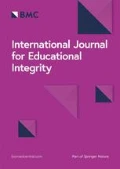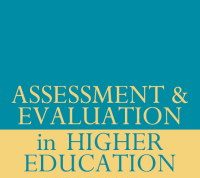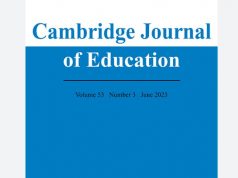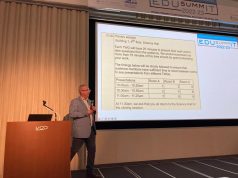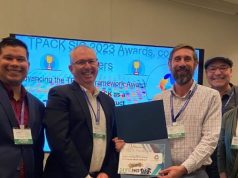Project Overview
Risks posed by forms of abusive behaviour such as cyber-bullying and grooming have been emphasised, both in the mainstream media and in policy responses, however comparatively little attention has been given to the potential legal risks that children and young people may face when they use social networking services (SNS).
This Report and its accompanying Educational Resource is the culmination of an 18 month project which collected survey and interview data from 17 school communities across Victoria totalling over 1000 school students (years 7-10), 200 school teachers and 49 parents. The authors also conducted a comprehensive review of the literature, SNS Terms of Service (ToS), and the Australian and International regulatory environment.
The project identified the following as the main areas of the law that give rise to possible legal liability for young people using SNS:
- Privacy, disclosure and breach of confidence;
- Intellectual property rights, especially copyright infringement;
- Defamation; and
- Criminal laws, including harassment and offensive material.
The project found that young people, their parents, and teachers were generally aware that the use of SNS can give rise to risks that must be managed, however there was a worrying lack of understanding of the nature of the legal risks.
…95% of Victorian students in years 7 to 10 use a Social Networking Site (SNS, eg. Facebook). 60% of those students update their SNS one or more times every day. While 48% of students recognised that there was some element of risk in using SNS over a quarter of students (28.3%) thought that SNS were safe. Perhaps just as worrying is that 19% of students were ambivalent by reporting that the degree of risk was not relevant because it is “just what everyone does”.
Project status: Current
The Report:
Teenagers, Legal Risks and Social Networking Sites
 The Report includes seven chapters
The Report includes seven chapters
- Executive Summary
- Introduction: defining SNS, the benefits and legal risks
- Research design
- Empirical results: Student SNS practices
- The legal risks faced by young people using SNS
- Regulatory and Policy Respones
- Conclusion
Educational Resource (for teachers and parents):
Will u friend me? Legal Risks and Social Networking Sites
 The findings of our research clearly indicate that students need to be actively engaged in meaningful discussions around their safety and the safety of the people in their networks.
The findings of our research clearly indicate that students need to be actively engaged in meaningful discussions around their safety and the safety of the people in their networks.
This resource has been designed to aid teachers and parents in helping their students/children to critically consider the risks and legal implications of using social networking sites (SNS).
The resource can be downloaded in two formats:
Other Publications
Henderson, M., de Zwart, M., Lindsay, D., & Phillips, P. (2013). Legal Risks and Social Networking: Removing the Blinkers on Cyber Safety. In Ria Hanewald (Ed.), From Cyber Bullying to Cyber Safety: Issues and Approaches in Educational Contexts. New York: Nova Science.
Lindsay, D., de Zwart, M., Henderson, M., Phillips, M. (2011). Understanding legal risks facing children and young people using social network sites. Telecommunications Journal of Australia, 61(1), pp. 9.1 to 9.18.
de Zwart, M., Lindsay, D., Henderson, M., Phillips, M. (2011). Randoms vs weirdos: teen use of social networking sites and perceptions of legal risk. Alternative Law Journal, 36(3), pp. 153-157.
Henderson, M., De Zwart, M., Lindsay, D. F., Phillips, M. (2010). Legal risks for students using social networking sites. Australian Educational Computing, 25(1), pp. 3-7.
Henderson, M., De Zwart, M., Lindsay, D. F., Phillips, M. (2010). Students use of social networking tools: legal risks and other implications. Proceedings of the Australian Computers in Education Conference 2010. Melbourne: Australian Council for Computers in Education.
De Zwart, M., Henderson, M., Phillips, M., Lindsay, D. F. (2010). ‘I like, stalk them on Facebook’: Teachers’ ‘privacy’ and the risks of social networking sites. 2010 IEEE International Symposium on Technology and Society (ISTAS ’10), 7-9 June 2010, IEEE Society on Social Implications of Technology, Australia, pp. 319-326.


